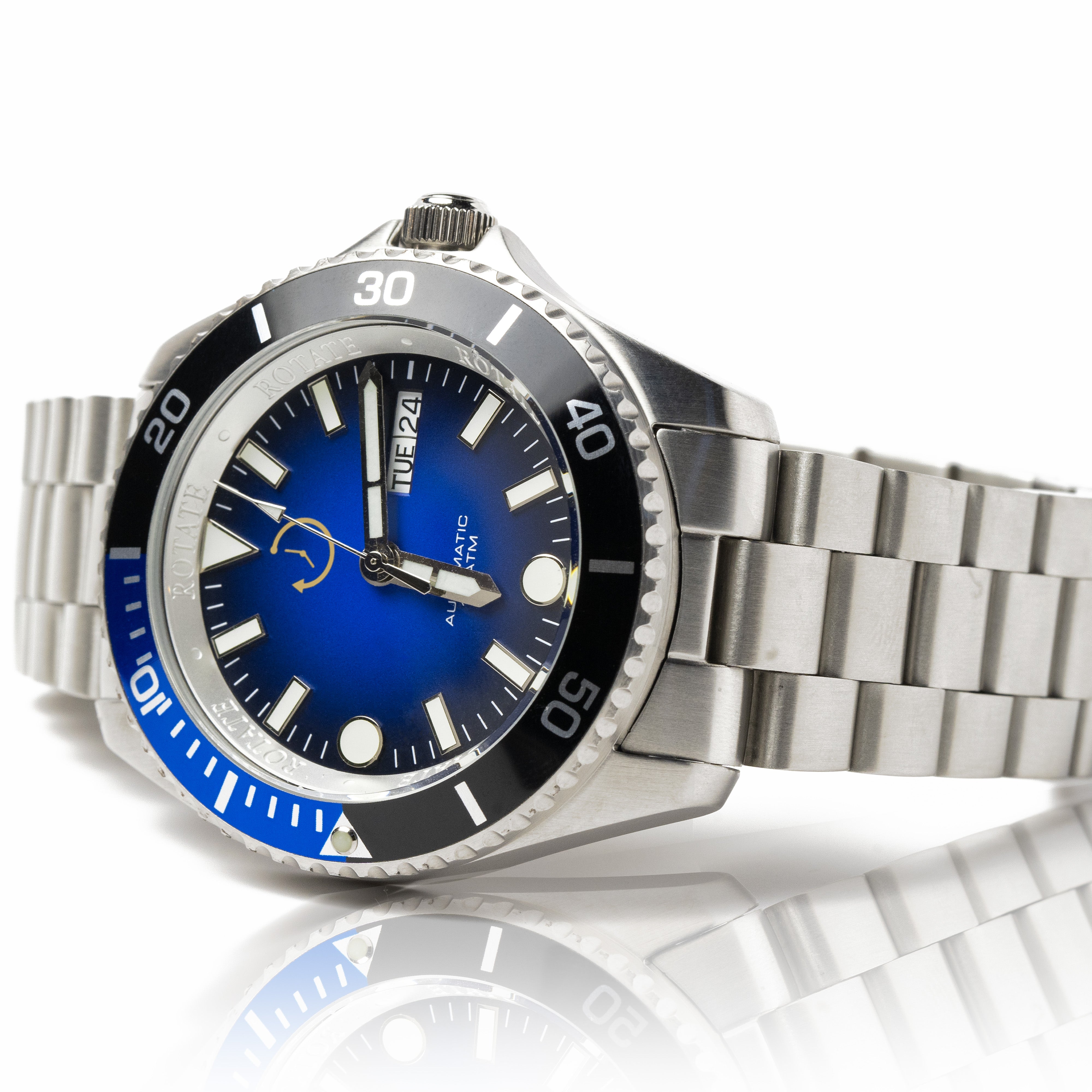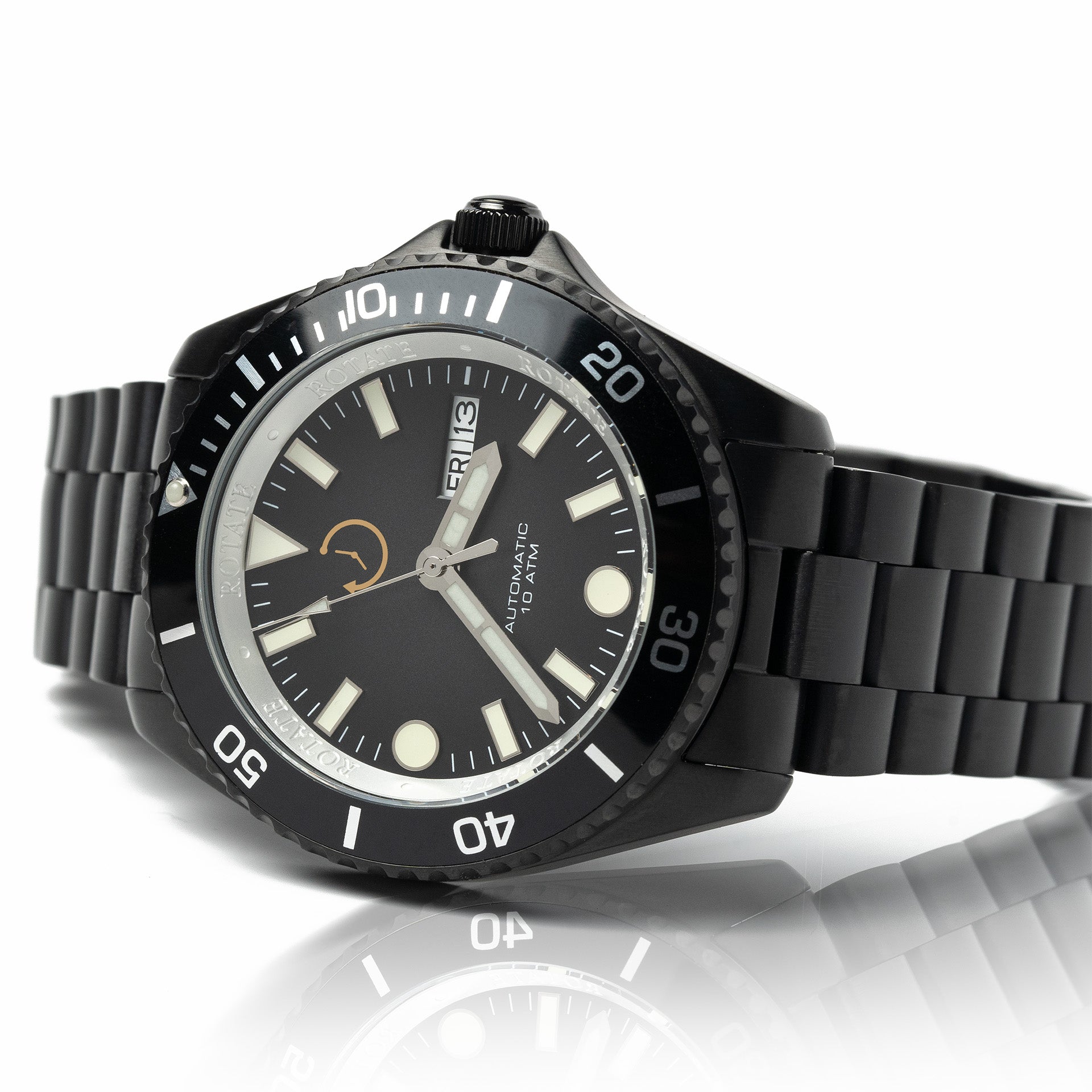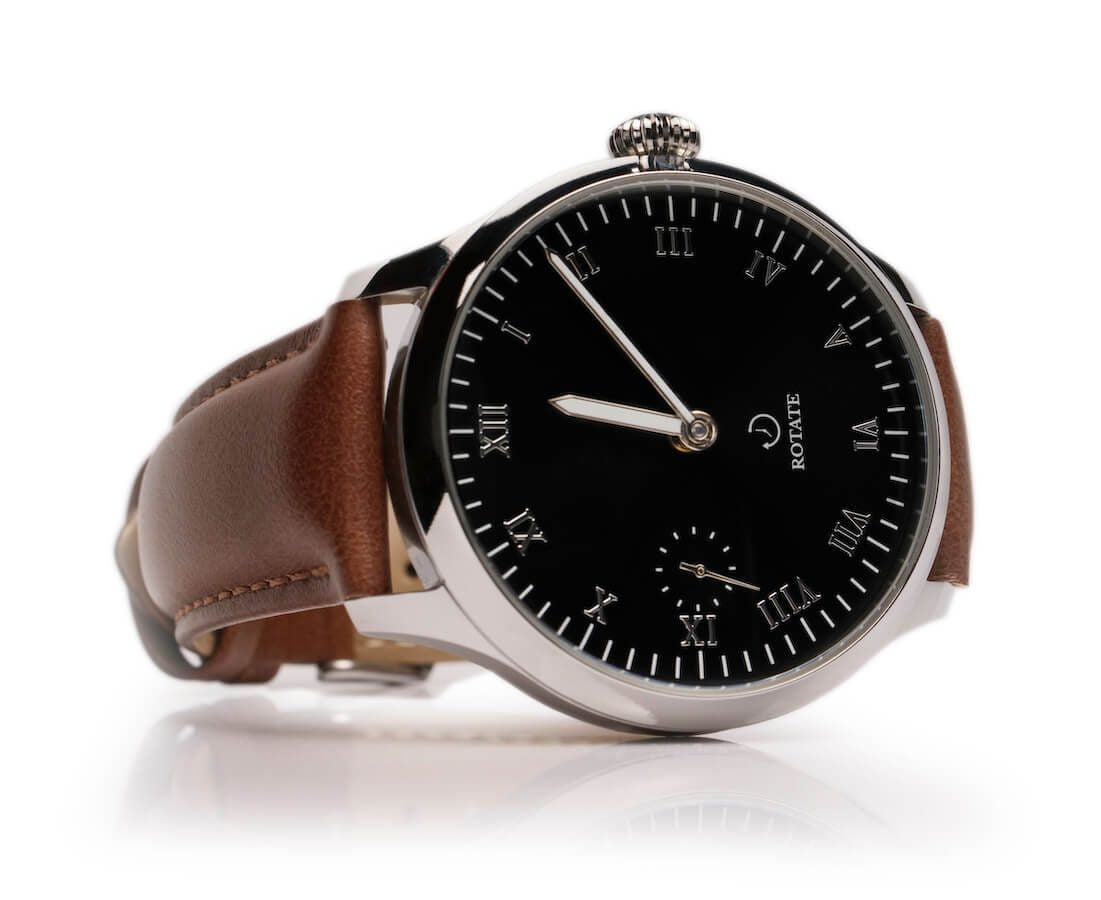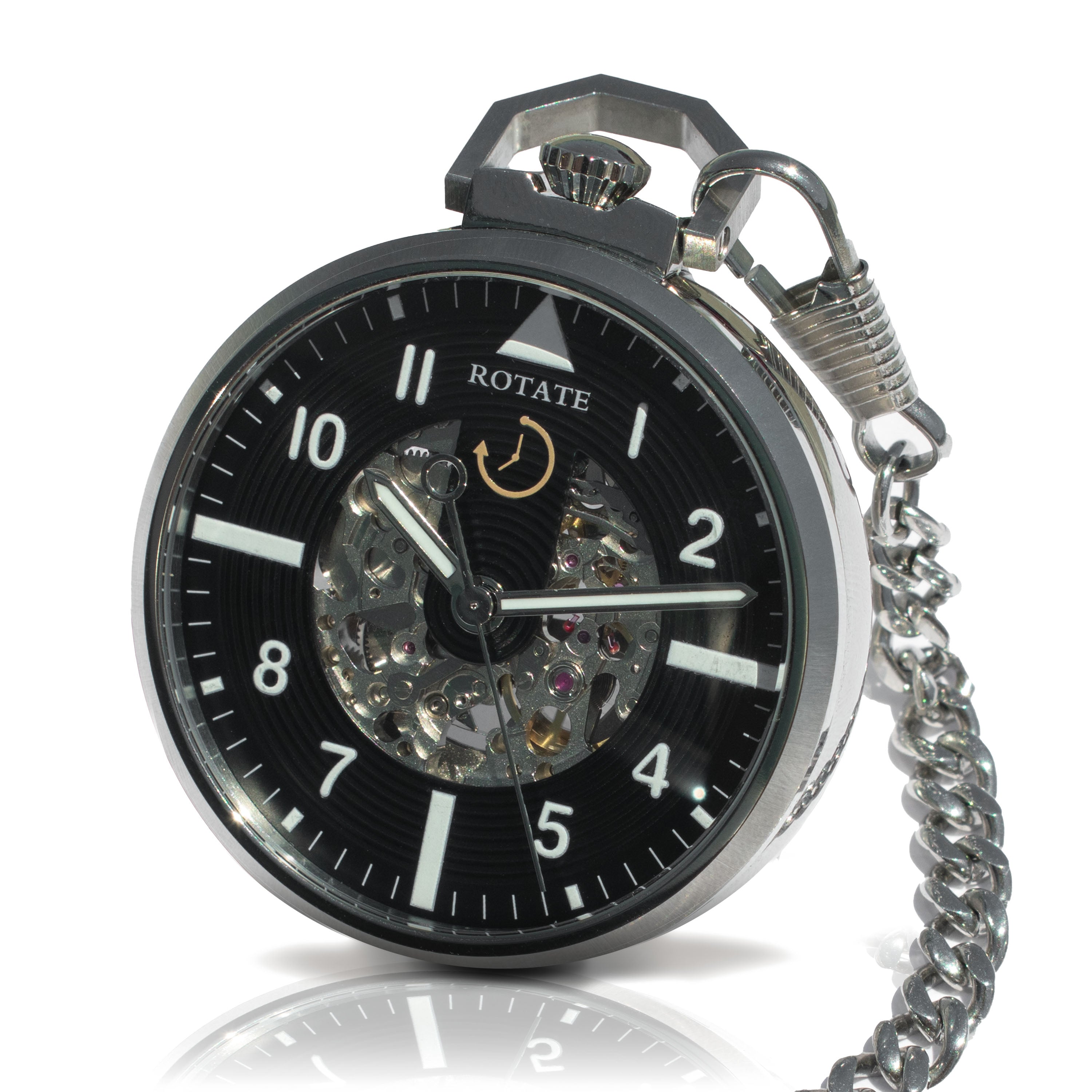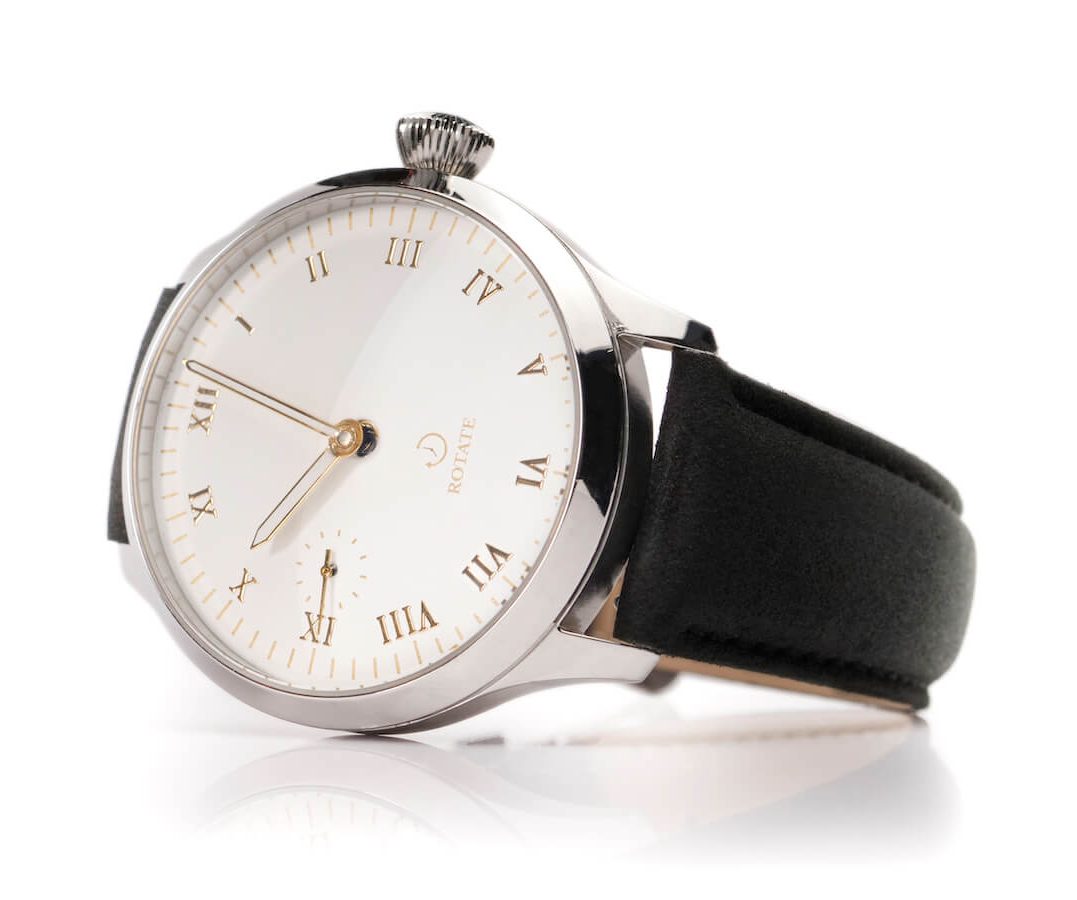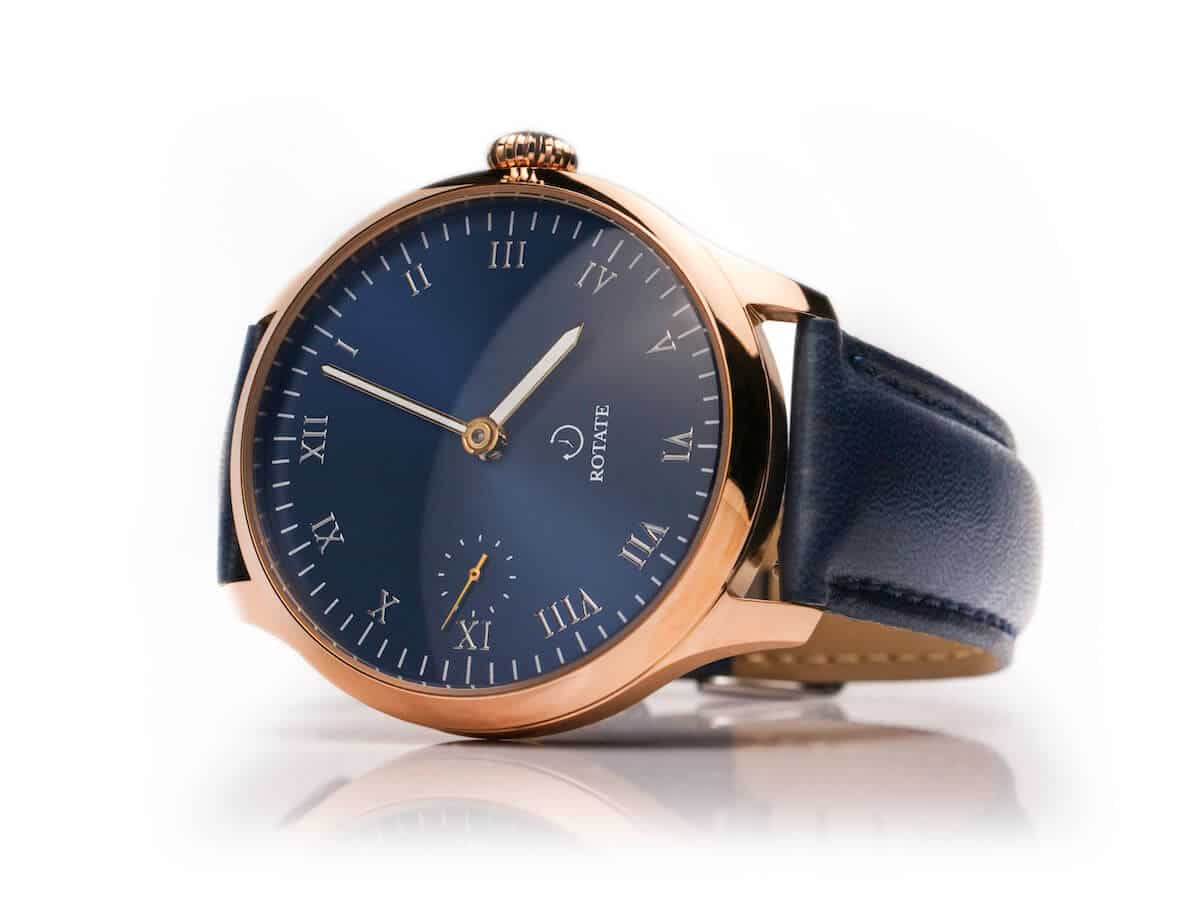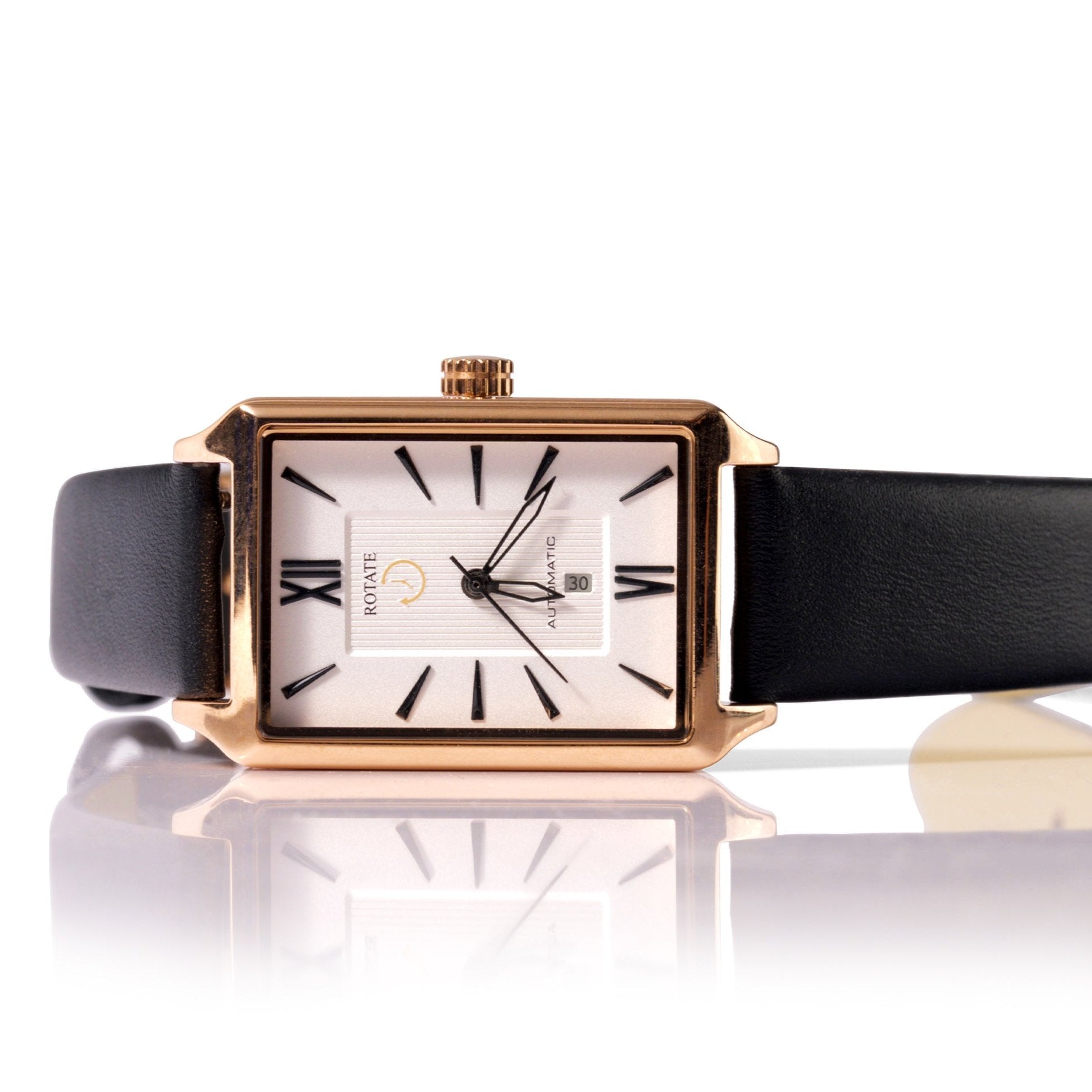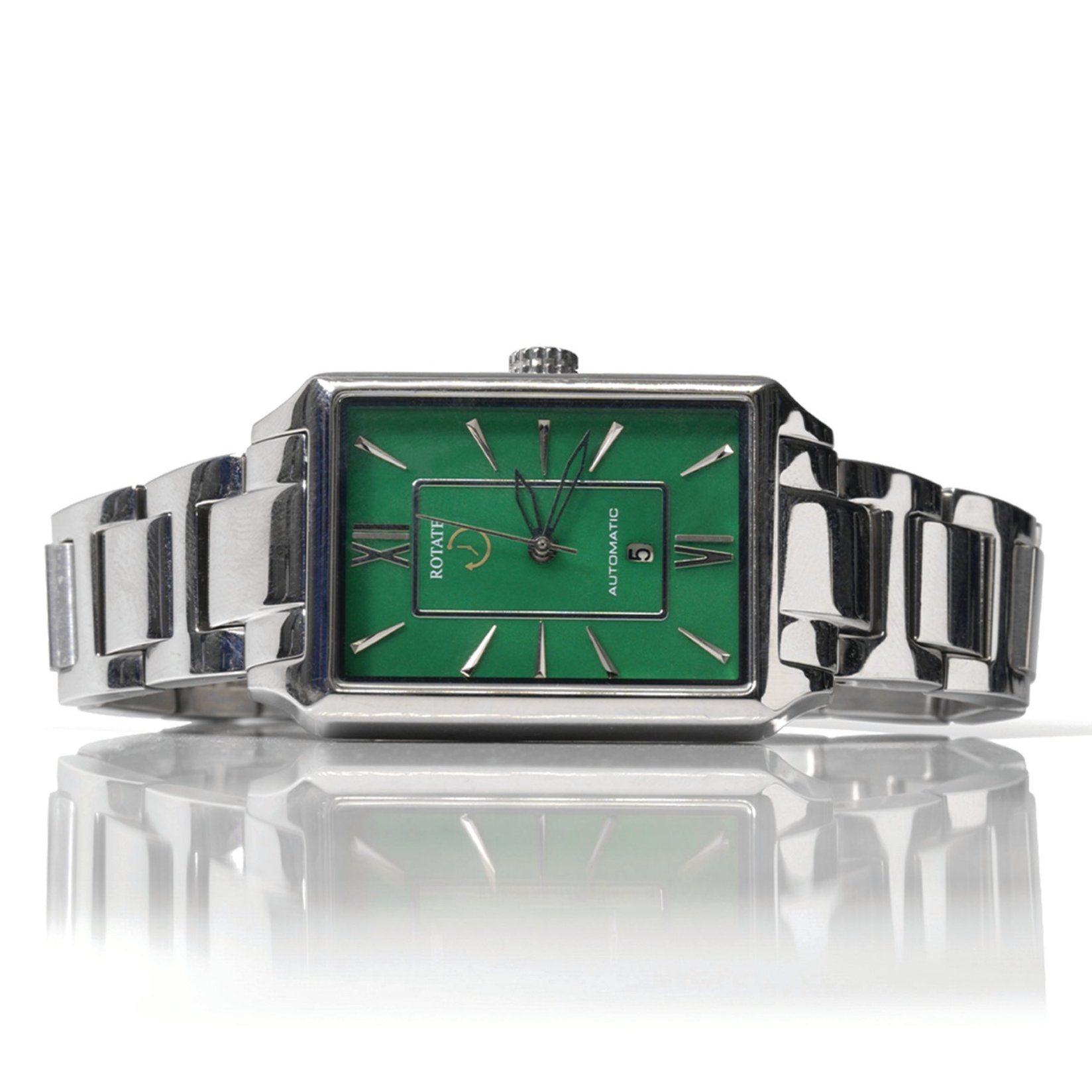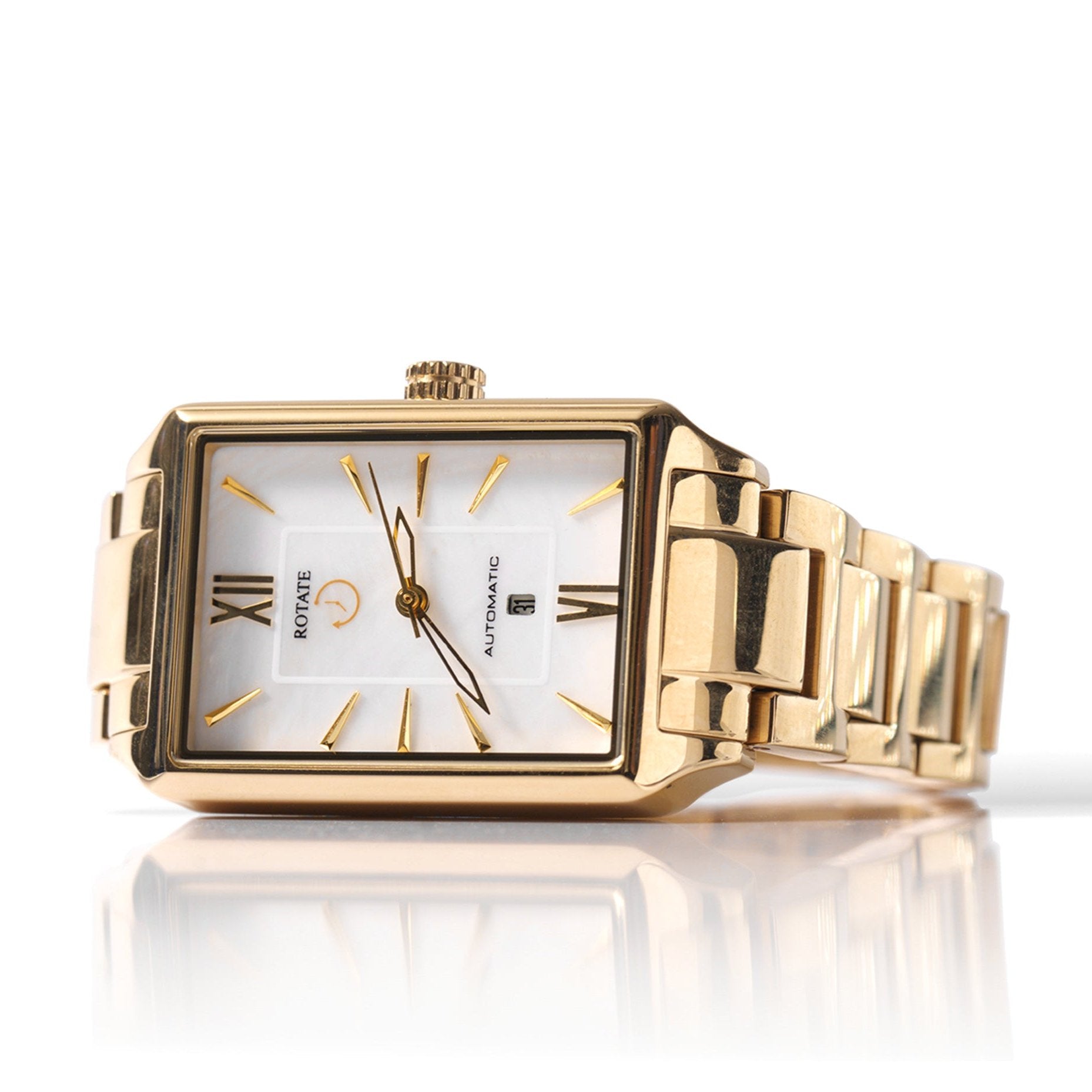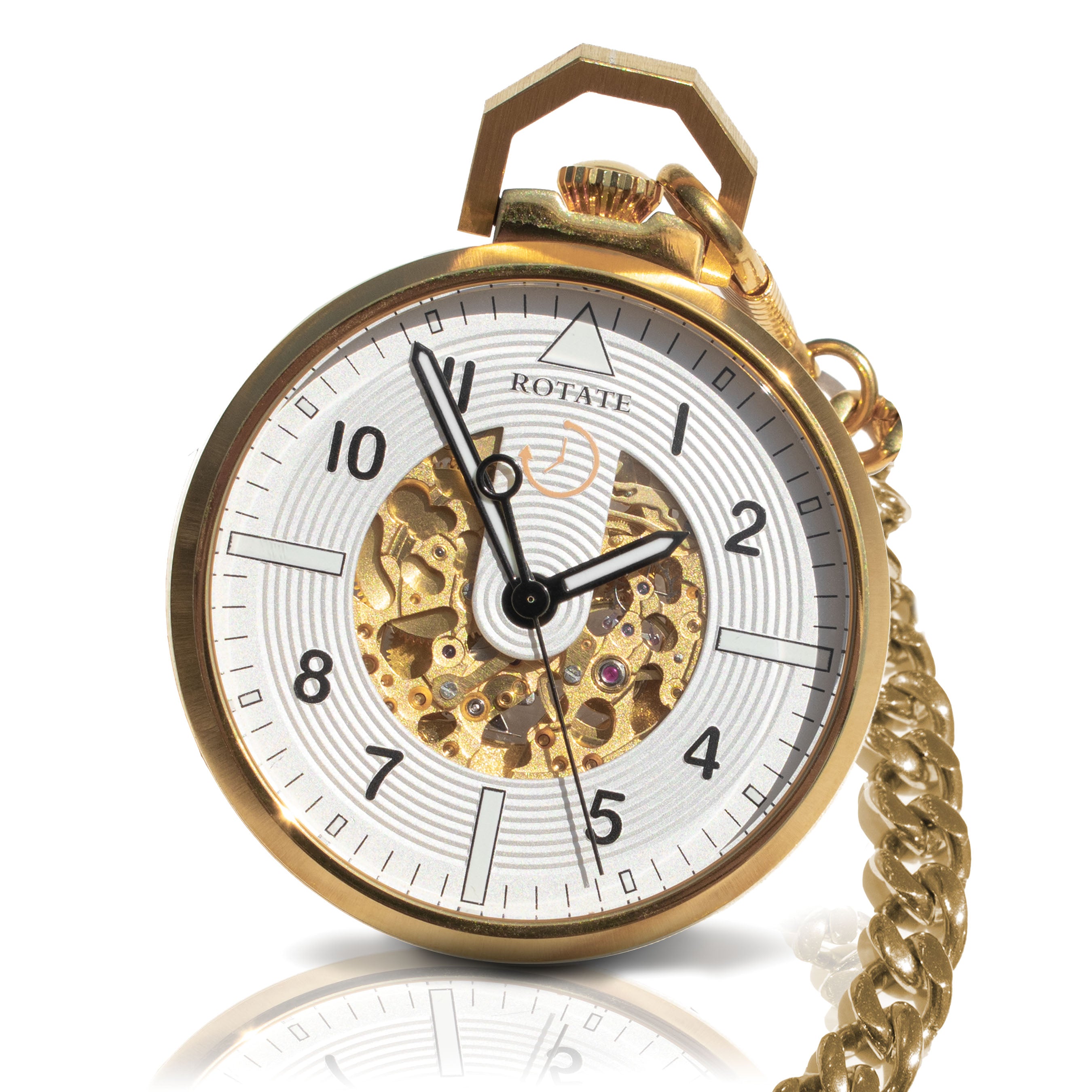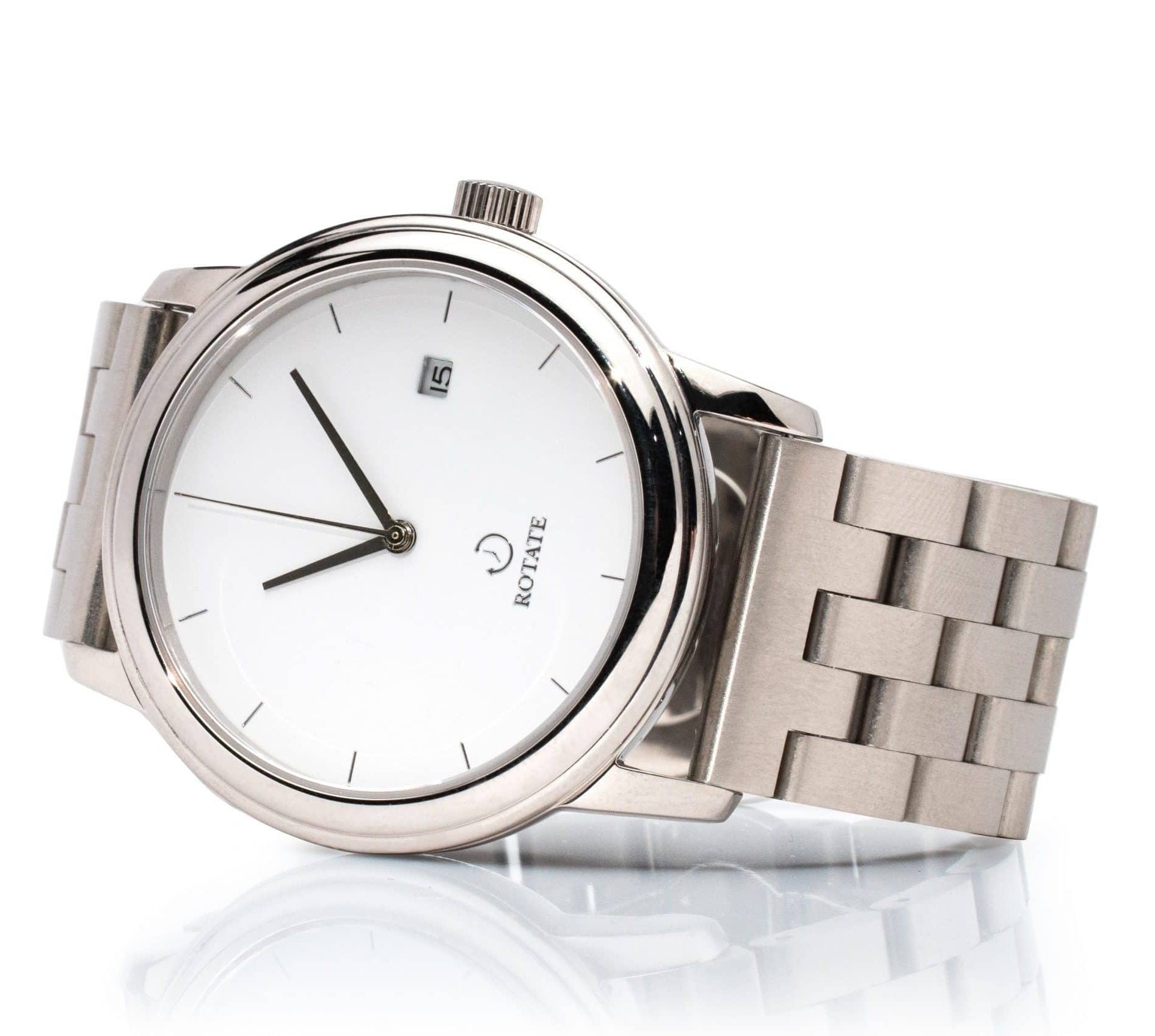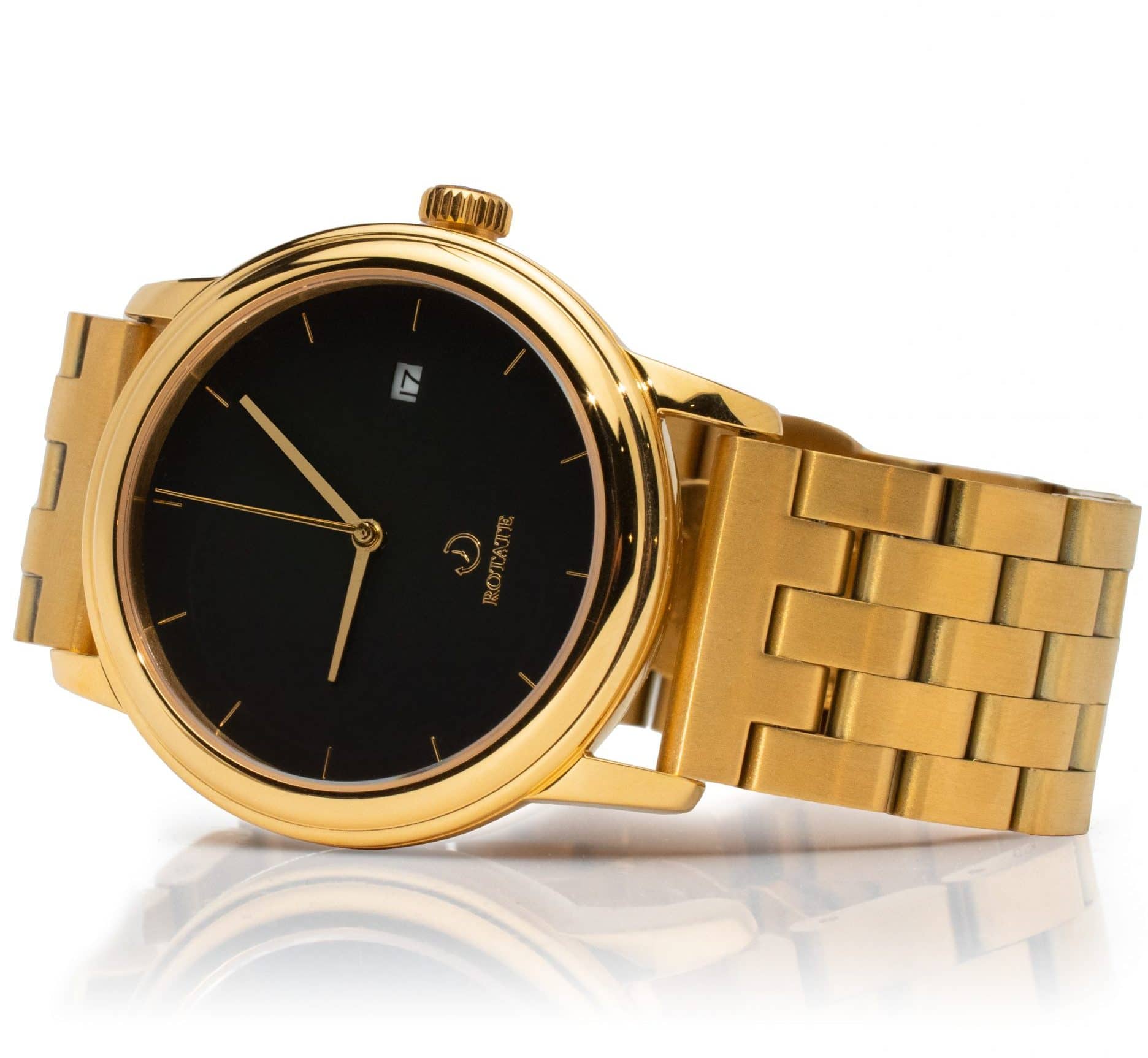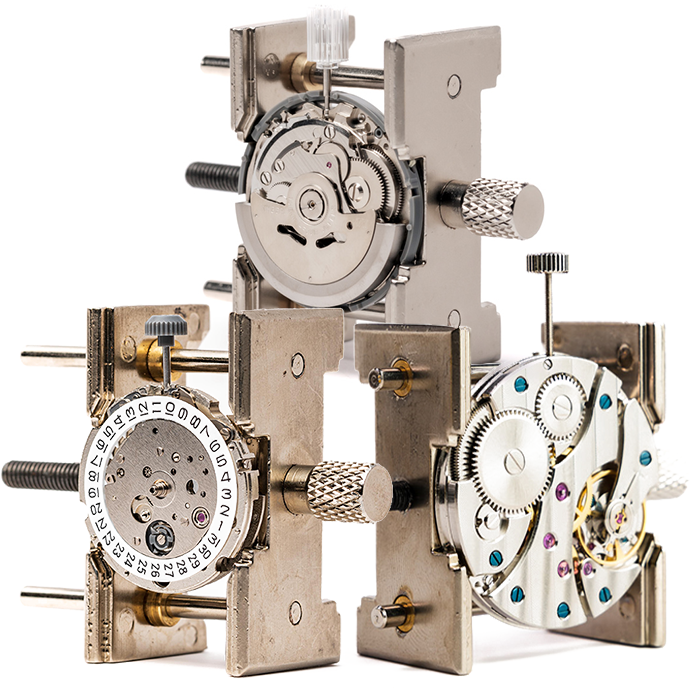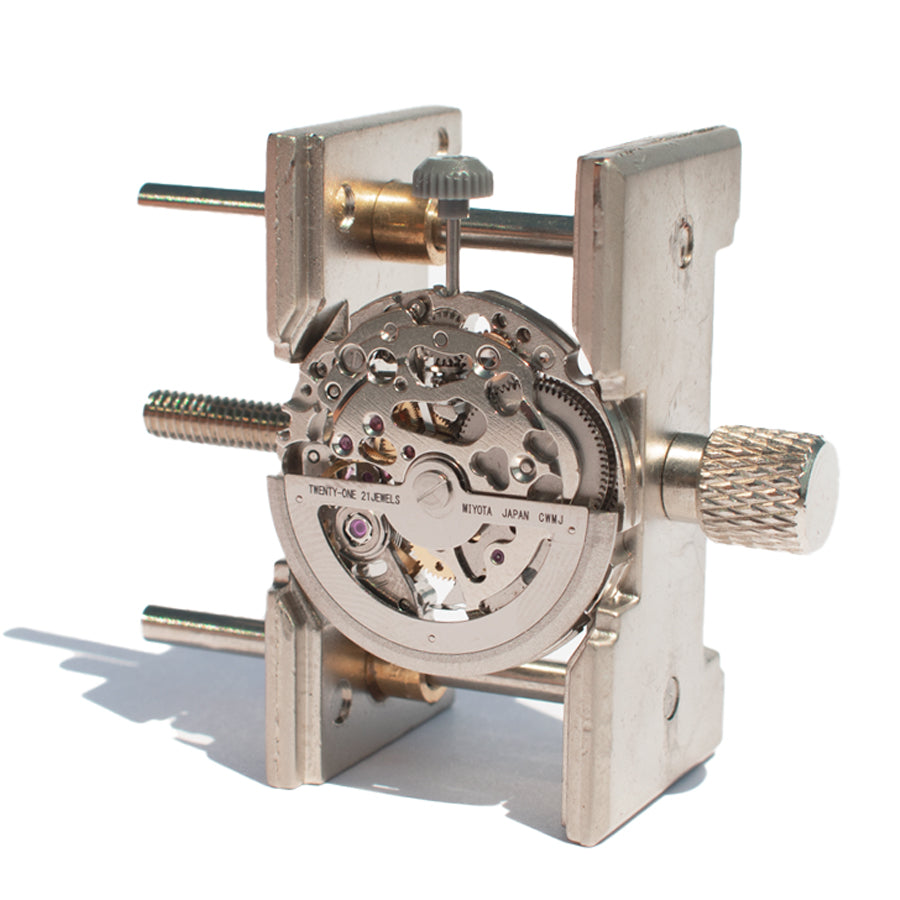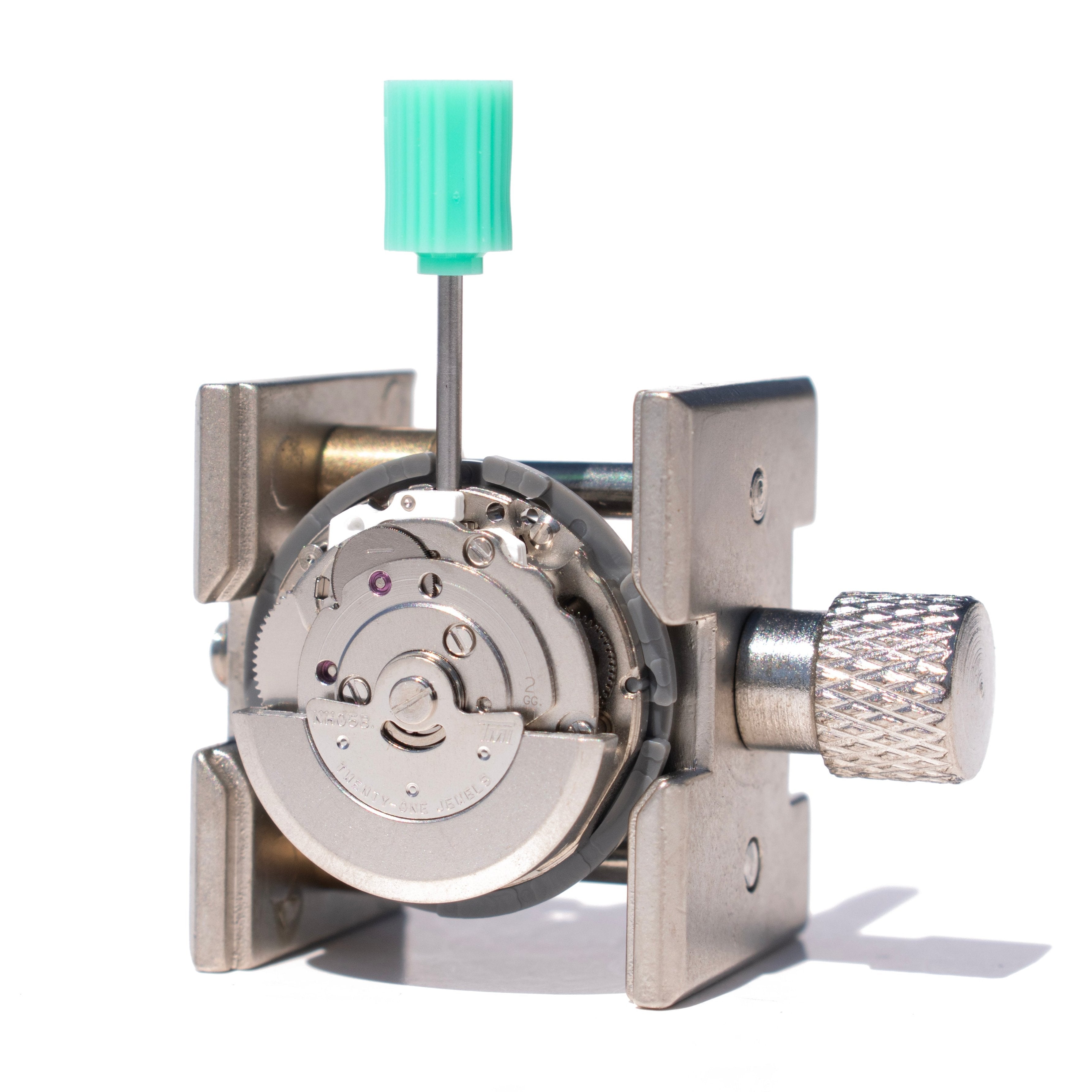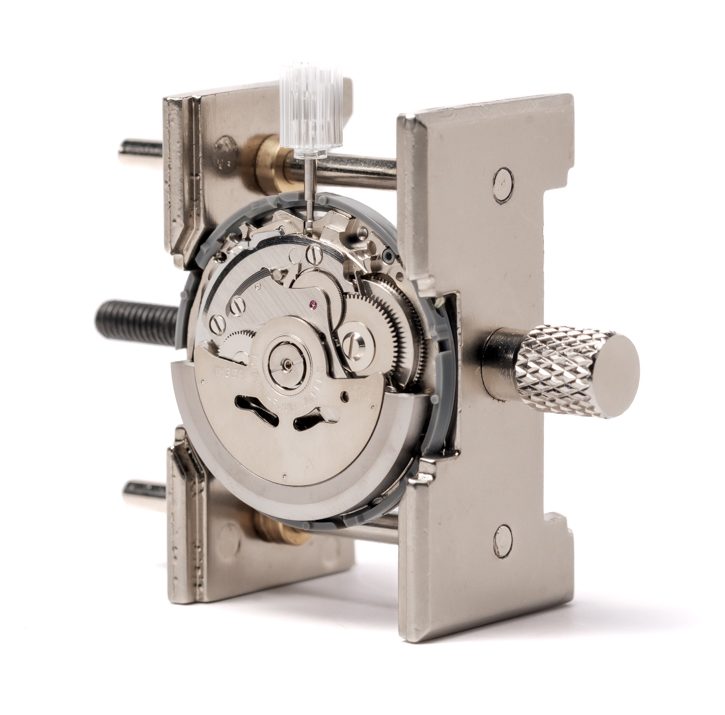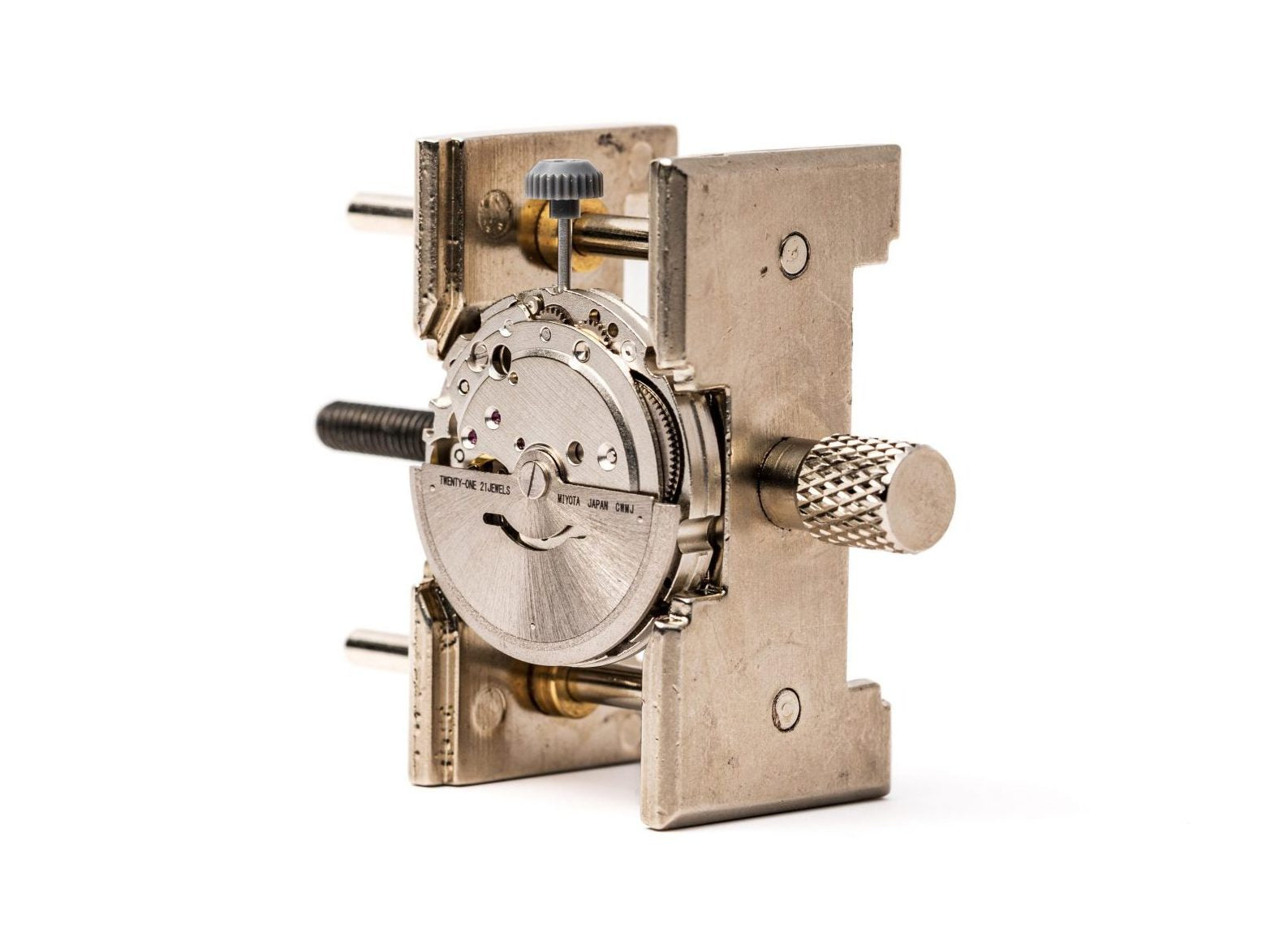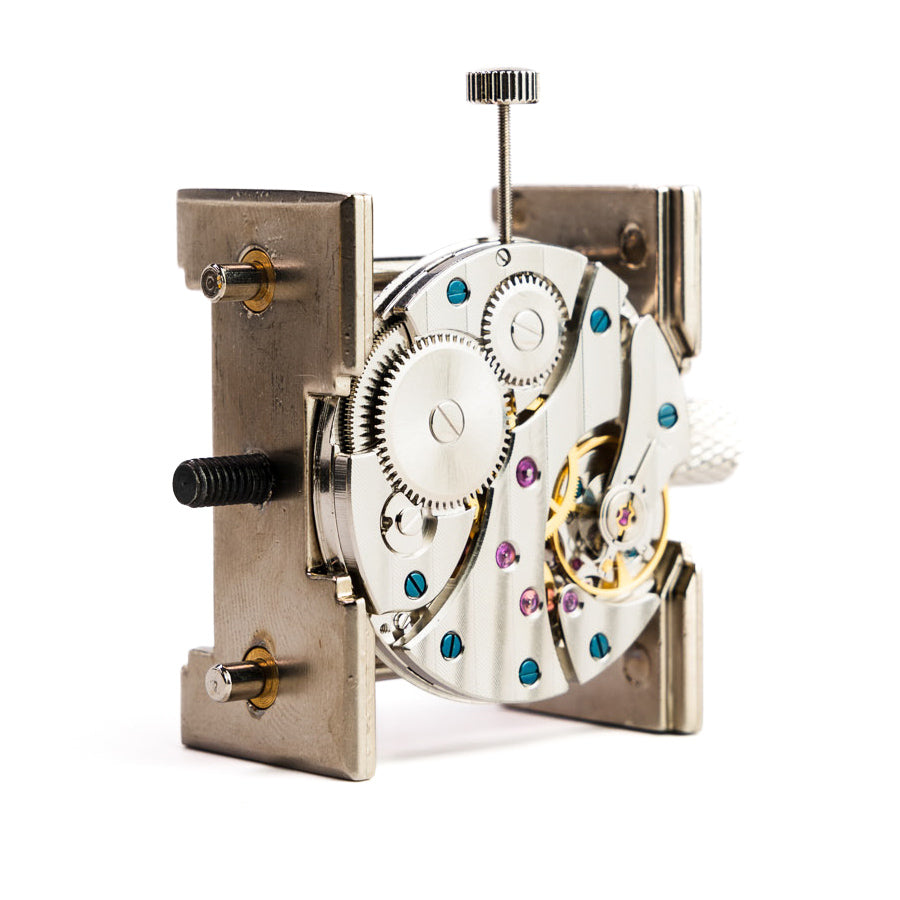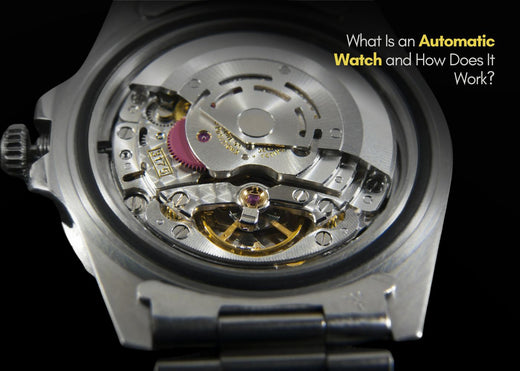
Quartz vs. Mechanical Watches: The Timeless Debate Unveiled
Thinking about adding a new watch to your collection but unsure whether to choose a quartz watch or a mechanical watch?
The debate between quartz and mechanical watches has been ongoing for decades, captivating both casual wearers and horology enthusiasts alike.
Let's delve into the histories, explore the innovations, and understand why mechanical watches often stand out as the superior choice.
Introduction
Watches are more than just devices that tell time-they're symbols of style, craftsmanship, and personal expression. Whether you're new to the world of watches or a seasoned collector, understanding the differences between a quartz watch vs mechanical watch is essential.
So, what does a quartz watch mean, and how does it compare to the enduring allure of a mechanical watch that's powered by centuries-old technology?
The Birth of Mechanical Watches
Mechanical watches trace their origins back to the 15th century when portable timekeeping became a reality. Early clockmakers dedicated their lives to mastering the intricate mechanisms that could measure time with increasing accuracy. These watches were entirely handcrafted, relying on a complex system of gears, springs, and levers.
Mechanical watches operate without batteries. Instead, they harness the energy stored in a wound spring. This mainspring slowly releases its energy through a series of gears and an escapement mechanism, driving the hands of the watch in a smooth, sweeping motion. The beauty lies not just in telling time but in the artistry and skill required to create such a delicate instrument.
The Quartz Revolution
Fast forward to the 1960s, and the world of watchmaking faced a seismic shift. The introduction of quartz technology by Seiko in 1969, known as the Quartz Revolution or Quartz Crisis in Switzerland, changed everything. Quartz watches use a tiny piece of quartz crystal that vibrates at a precise frequency when electric current passes through it. This innovation allowed watches to keep time with unprecedented accuracy.
A quartz watch means that it's powered by a battery, sending electricity to the quartz crystal, which oscillates at 32,768 times per second. This vibration is measured and converted into a consistent time signal. Quartz watches offered remarkable accuracy and were cheaper to produce, making them widely accessible.
Why Did Quartz Watches Become Popular?
The rise of quartz watches wasn't just about technological advancement-it was a response to the world's growing need for affordable, accurate timekeeping. During the 1970s, consumers sought practicality and reliability in their watches. Quartz watches met these demands by providing:
-
High accuracy / only losing a few seconds per month.
-
The battery life often extends for years, and the watches require minimal servicing.
-
Mass production and simpler assembly made quartz watches accessible to the general public.
This surge in popularity caused significant challenges for traditional mechanical watchmakers, leading to a consolidation of the industry and a renewed focus on the art and craftsmanship of mechanical timepieces.
The Timeless Appeal of Mechanical Watches
Despite the quartz revolution, mechanical watches never lost their charm. In fact, their appeal grew stronger among enthusiasts who valued the artistry, tradition, and emotional connection these timepieces offered.
Mechanical watches symbolize human ingenuity. Each one is a miniature universe of intricate parts working in harmony.
The smooth, continuous sweep of the second hand, the gentle ticking, and the need to wind or wear the watch to keep it running create a relationship between the wearer and the timepiece.
Owning a mechanical watch is about more than keeping time; it's about appreciating a craft that's been passed down through generations. The mechanical watch embodies:
-
Craftsmanship: Often handmade or finished, showcasing the watchmaker's skill.
-
Heritage: Links to a storied past and tradition.
-
Aesthetic Beauty: Transparent case backs allow a glimpse into the intricate movements.
-
Longevity: Built to last, becoming heirlooms passed down through families.
Quartz Versus Mechanical Watch: A Detailed Comparison
Understanding the nuances between quartz and mechanical watches highlights why mechanical watches often hold a superior position for many enthusiasts.
Accuracy and Performance
Quartz watches are incredibly accurate, losing only a few seconds per month. Their performance is consistent, regardless of environmental factors. Mechanical watches, while precise, may lose or gain a few seconds per day due to their intricate mechanical movements and sensitivity to factors like gravity and temperature.
Craftsmanship and Complexity
Mechanical watches are marvels of engineering. Hundreds of tiny parts work together in perfect harmony. The creation of a mechanical movement requires immense skill, often involving hours of meticulous hand assembly and finishing.
Quartz watches, by contrast, have fewer moving parts and rely on electronic components. While functional and reliable, they lack the complexity and visual intrigue of mechanical movements.
Maintenance and Longevity
Mechanical watches may require regular servicing every few years to keep them in optimal condition. This maintenance is part of the relationship between the watch and its owner.
Quartz watches require minimal maintenance, primarily battery replacements. However, the electronic components may not have the same lifespan as a well-maintained mechanical movement.
Emotional Connection and Prestige
Mechanical watches often carry a sense of prestige and emotional value. They represent tradition, artistry, and a connection to history. Wearing a mechanical watch can be a statement of appreciation for these qualities.
Quartz watches are practical and efficient but may lack the emotional resonance that mechanical watches provide.
Building Your Own Mechanical Watch: A Personal Journey
Imagine not just owning a mechanical watch but building one yourself. This experience allows you to connect deeply with the craftsmanship and understand the intricacies that make these timepieces special.
The Edison Watchmaking Kit offers you this unique opportunity. With everything you need to assemble a classic mechanical watch, you can immerse yourself in the world of watchmaking.
The Edison watch features the Seagull ST3600 Mechanical Movement, renowned for its reliability and precision. Hand-wound and battery-free, it brings you closer to the traditional roots of watchmaking. The kit includes quality-checked mechanical parts, a complete set of tools, and a beginner-friendly guide, ensuring a smooth and enjoyable assembly process.
Building your own watch isn't just a project; it's a journey into the heart of horology, fostering a deeper appreciation for the art and skill involved.
The Allure of Automatic Mechanical Watches
For those who appreciate mechanical watches but desire the convenience of self-winding, automatic mechanical watches offer the best of both worlds. These watches harness the natural motion of your wrist to wind the mainspring, eliminating the need for manual winding.
The Alden Watchmaking Kit allows you to build your own automatic mechanical watch. Featuring the Seiko NH05 Movement with 21 jewels and approximately 50 hours of running time, it's a marvel of modern engineering rooted in traditional craftsmanship.
The Alden watch boasts a sleek rectangular rose gold case, bold indexes, and genuine leather straps. Assembling this watch provides not only the satisfaction of creation but also a luxurious timepiece that reflects your personal style.
The Environmental Aspect
Mechanical watches offer an environmentally friendly option. Without the need for batteries, they reduce electronic waste and the ecological impact associated with battery production and disposal. Choosing a mechanical watch aligns with sustainable values, contributing to a greener planet.
The Cultural Significance
Mechanical watches have been integral to significant moments in history. From explorers navigating uncharted territories to astronauts venturing into space, mechanical watches have been trusted companions. Their resilience and reliability in extreme conditions underscore their superiority.
Choosing a mechanical watch is embracing a legacy. It's about valuing tradition over trend, quality over convenience, and artistry over automation.
Making Your Choice: Embracing Mechanical Superiority
When it comes to selecting between a quartz and a mechanical watch, consider what resonates with you:
-
Do you value artistry and tradition? Mechanical watches embody centuries of craftsmanship.
-
Are you intrigued by intricate engineering? The complexity of mechanical movements offers endless fascination.
-
Do you seek a personal connection with your timepiece? Winding a mechanical watch fosters a unique relationship.
-
Is longevity important to you? Mechanical watches can last generations, becoming treasured heirlooms.
-
Do environmental considerations matter? Mechanical watches eliminate the need for batteries, reducing waste.
While quartz watches provide accuracy and practicality, mechanical watches offer depth, beauty, and a connection to human ingenuity that quartz cannot replicate.
Conclusion
The debate between quartz versus mechanical watch options isn't merely about functionality-it's about values, experiences, and appreciation for the art of watchmaking. Mechanical watches stand superior in the realms of craftsmanship, emotional connection, heritage, and environmental consciousness.
If you're captivated by the allure of mechanical watches, consider embarking on the journey of building one yourself. The Edison Watchmaking Kit and the Alden Watchmaking Kit offer accessible paths into the world of horology.
Embrace the timeless elegance of mechanical watches and carry a piece of history on your wrist. It's not just about telling time; it's about telling a story-your story.
FAQs
1. Why are mechanical watches considered superior to quartz watches?
Mechanical watches are celebrated for their intricate craftsmanship, heritage, and the emotional connection they offer. They represent centuries of tradition and artistry, making them more than mere timekeeping devices.
2. What does a quartz watch mean?
A quartz watch is powered by a battery and uses a quartz crystal to keep time. The crystal oscillates when electric current passes through it, providing precise timekeeping with minimal maintenance.
3. Can I build my own mechanical watch even if I'm new to watchmaking?
Absolutely! Kits like the Edison Watchmaking Kit are designed with beginners in mind, providing all the tools and guidance you need to create your own mechanical watch.
4. Do mechanical watches require a lot of maintenance?
Mechanical watches may require periodic servicing to keep them running smoothly. Many enthusiasts view this care as part of the rewarding relationship with their timepiece.
5. Why might someone still choose a quartz watch over a mechanical one?
Quartz watches offer high accuracy, low maintenance, and affordability. For those who prioritize these aspects and prefer a practical, set-and-forget timepiece, quartz watches are an appealing choice.


